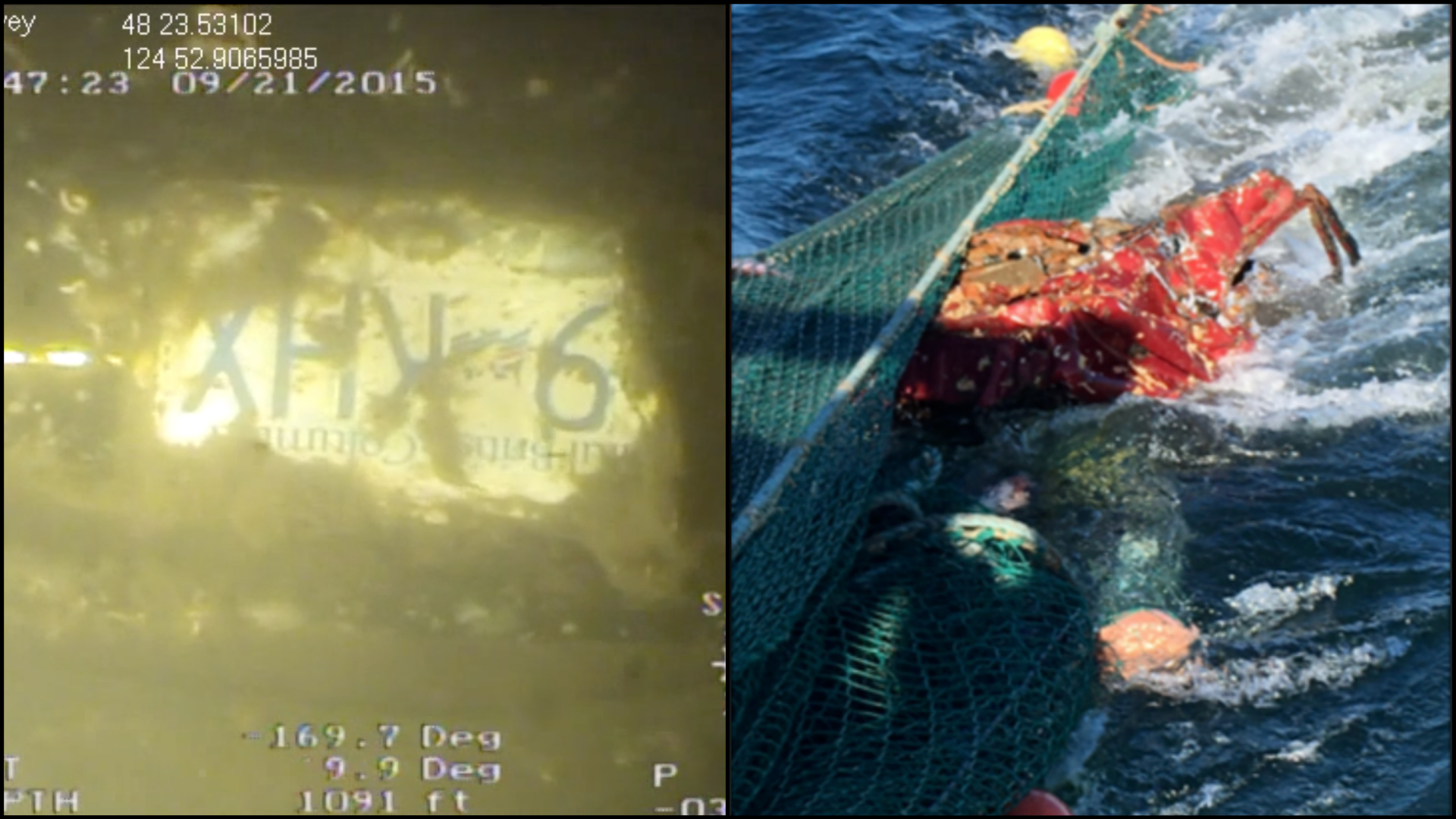

The health of our oceans has been an ongoing concern for decades, mainly from litter produced by single-use plastics, oil spills, and even nuclear radiation. But recently, environmentalists found another problem wreaking havoc off the coast of the Olympic Peninsula in Washington state: junked cars.
According to Komo News, crews recovered more than a dozen crushed cars with Canadian registration plates in the vicinity of the Olympic Coast National Marine Sanctuary. After investigating, crews found that some Canadian shipping companies weren’t properly securing their loads, causing some of the junked cars to fall into the watery depths below. The sanctuary is known to be a sensitive ecosystem and the cars pose a significant threat to the wildlife there.
The problem was first noticed in 2011 when a Makah fisherman came across the first car wreck. Two years later, another fishing crew discovered a second car after its fishing net became tangled up in it. By 2015, a total of 15 cars were discovered at the bottom of the sanctuary.
However, no federal funds were provided at the time to pay for the removal of the cars as they posed no immediate danger, whether threatening the navigability or health of the waters from toxic materials.
But some think otherwise.
“(Another) impact of the cars is the smothering of marine organisms, causing permanent reduction in biodiversity, plus loss of habitat and associated ecosystem functioning,” George Galasso, the National Oceanic and Atmosphereic Administration’s deputy superintendent for the sanctuary, told reporters. “There is also the potential of chemical contamination from the vehicles.”
To try and resolve the issue, the U.S. Coast Guard commenced “Operation Jalopy,” a project effort aimed specifically at enforcing proper waste transportation regulations. More specifically, the operation will ensure that Canadian shipping firms are properly securing junked automobiles to try and mitigate the chance of them falling into the ocean.
Although a sanctuary, the area is known to be a high-volume shipping lane for cargo ships, particularly ones that transport scrap metal from junked cars to the other end of the Pacific Ocean. The sanctuary itself is said to be one and a half times the size of the Puget Sound.
The Coast Guard made attempts to contact the shipping companies active in the region, but couldn’t link the discovered cars to any of the firms. Should any of them be caught in the act, however, it could come with a civil penalty violation and a fine of up to $50,000 per, in addition to up to five years imprisonment.